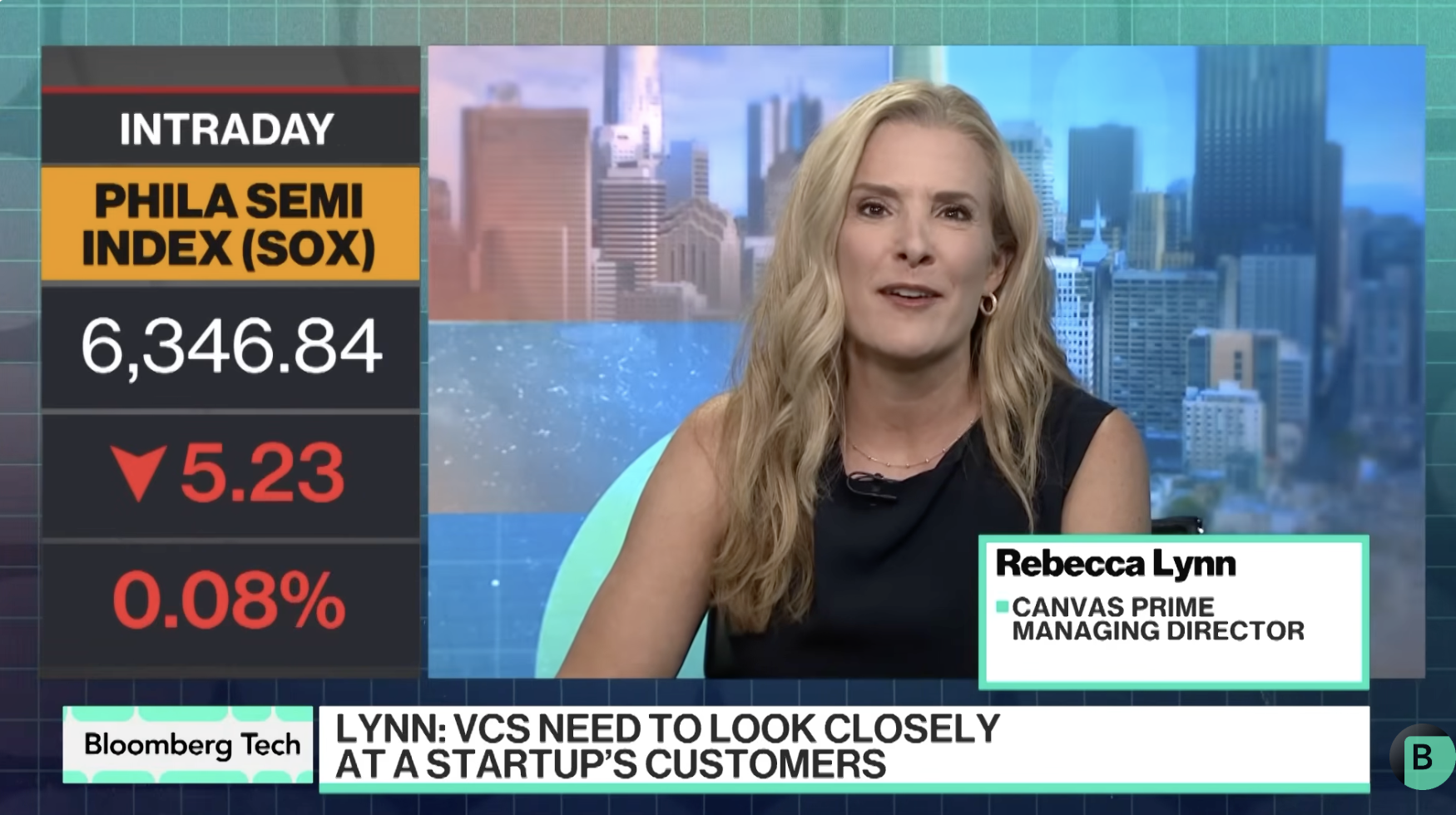In the last few years, we’ve seen a meteoric rise in fintech companies looking to expand financial services and payments. Interestingly, most of these banking-as-a-service startups have been unable to enter international markets. As a result, many fintech startups like Plaid, Brex, and other major fintech companies are being replicated in other geographies, rather than U.S. startups expanding their services internationally (e.g. Belvo is Plaid for LatAm, Jeeves is Brex for international countries).
As international markets continue to grow and mature, companies are realizing they are leaving money on the table. The global cross-border payments & remittances market is already $37 trillion, with cross-border payment flows reaching $156 trillion in value this year. Emerging markets in Africa, LatAm, and Asia are the fastest-growing segments of the global payments market thanks to the rise of mobile penetration, digitization, and the emergence of blockchain and distributed ledger technologies. Simultaneously, consumer appetite for cross-border payments is increasing coupled with consumer demand for greater speed, cheaper transaction fees, and a more intuitive user experience.
Today, fintech companies have a few undesirable options if they are looking to implement cross-border payment functionality in-app:
- Work with large banks. To transfer money, companies choose a bank or money transfer operator (e.g. Wise, fka Transferwise) to initiate payments, payments flow via correspondent banking networks, and are received by the receiver's bank in the new end country. This option is largely inaccessible to emerging startups to provide to their consumers and remains difficult for large startups (e.g. Plaid, Brex) valued at multi-billion valuations, as banks will typically not consider working with startups until they’ve reached massive scale.
- Work with legacy incumbents (e.g. CurrencyCloud). This option is a closed, expensive network with a divergent product roadmap from most fintech companies where businesses endure a lengthy sales cycle and difficult implementation process, expensive license fees, and less flexibility to develop around the set of APIs to truly customize the product in-app and across all the geographies desired.
Enter Routefusion. Routefusion is a fintech solution for expanding banking and payment operations internationally. With their easy-onboarding API, Routefusion helps fintech companies route their cross-border payments internationally, facilitating crucial direct relationships to corresponding banks across international corridors enabling developers and fintech companies to go live in a few weeks vs. monthly sales processes with alternatives. Routefusion has acquired all of its customers organically to date, illustrating the crucial need for this product.
Today, I am thrilled to announce that Canvas is leading Routefusion’s $10.5M Series Seed Prime.
Fast-time to value
Routefusion has seen incredible progress with customers who are already receiving value from the Routefusion product. A typical customer for Routefusion (SMB or mid-market fintech neobank, payroll provider, or payments provider) finds Routefusion via referral or organically, gets started immediately with Routefusion’s developer documentation and easy-onboarding API to get connected immediately—up and running in less than 2 days with multiple banking, FX, and local payout partners across the globe.
Routefusion is able to do this so seamlessly because it offers a middleware routing layer sitting atop payout networks (e.g. Buckzy Payments or banking rails) to match customers with cross-border payment relationships and provide a “one stop shop” for all international payment needs, cutting out lengthy sales processes, NDAs, and cumbersome developer docs to empower small and medium-sized fintech companies to trade payments internationally.
Growing with their customers
One thing we particularly love about Routefusion’s model is that its pricing is aligned with the success of its customers. Routefusion charges based on platform usage and organically scales with their customers vs. charging expensive upfront licenses or implementation fees.
Customers rave about Routefusion’s ability to not just provide excellent customer service and fast time to value but also how its payment structure actually makes implementing cross-border payments economically viable.
“The biggest problem Routefusion solves is not only payment orchestration, but global product expansion,” shared Sherwin Gandhi, co-founder of Jeeves. “For most companies, the global banking establishment can be a barrier when trying to set up payment options for customers. You have to negotiate with each and every bank, and it's still not guaranteed that you'll get approved to work with them. That’s where Routefusion really helps companies grow. They not only streamline compliance but they provide the access to payment rails that can help take your products and services to masses around the globe.”
Over time, Routefusion is uniquely positioned to expand its feature set and become the platform to facilitate international banking for growing fintech companies.
A winning team
We’ve enjoyed working with Colton Seal, Richard Scappaticci, and their all-star team from the beginning. Colton and Rick understood the problem firsthand as they developed their own neobank and struggled to implement cross-border payments, and took learnings to craft Routefusion’s product.
Given our deep focus in fintech and our API economy thesis, Routefusion is a line drive investment for Canvas Ventures in our core thesis areas and we could not be more excited to support Routefusion on their journey. We are also excited to invest in another company in Austin, Texas, and to have Haymaker Ventures, a fund anchored by Peter Thiel, invest as well as partner with existing investors Silverton Partners and Initialized Capital.
Learn more about Routefusion at routefusion.com. If you’re looking to help build, the team is hiring! routefusion.com/careers



%20(1).jpg)

